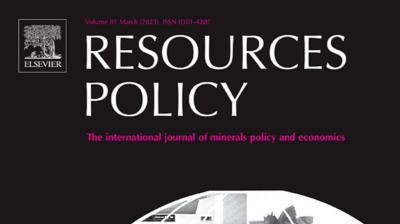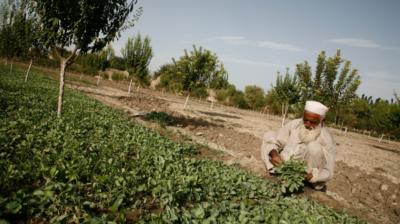SIDA-Evaluation of SIDA's bilateral research cooperation
Timeframe: Feb 2019 - Oct 2019
Funder: SIDA
The purpose of this evaluation has been to provide an overall assessment of the extent to which Sida’s bilateral research cooperation builds research capacity in low-income countries and contributes to knowledge-based development. The evaluation will also serve as an input to a new strategy for bilateral research cooperation that will be de-veloped for the period 2021-2026.
The objective of the evaluation was to assess the relevance, effectiveness, impact and sustainability of Sida’s model for bilateral cooperation. This was done from two perspectives: in terms of the System Approach and Basic Logic (‘the model’) of the BRC, and in terms of how the implementation of the model has influenced results. The System Approach is based on the notion that a comprehensive model linking sup-port to regional and international research organisations, national research policies, research regulatory agencies and research councils as well as research management infrastructure at the university level will strengthen systems, structures and research capacity building in a sustainable way.
The Basic Logic underpinning the Sida model for research capacity building has been based on the premise that research training, as well as support to an environment conducive to research, leads to more and higher quality research. Better trained re-searchers at the universities are expected to incorporate their findings in their teach-ing, leading to improved higher education, and to follow and contribute to scientific frontiers in their respective disciplinary fields. The research produced is expected to contribute to science-based policy-making and improved products and services, ulti-mately contributing to poverty reduction and sustainable societies.
This evaluation draws on (i) a review of recent literature on international research collaboration with low and middle-income countries; (ii) a review of four BRC pro-grammes on the basis of relevant documentation, stakeholder interviews and field-work; (iii) a review of evaluations of comparative donor approaches to research capac-ity-building in low-income countries; and (iv) an exploration of the specifics of Sida’s application of its System Approach and Basic Logic in the BRC programme.
Three of the four BRC programmes that were evaluated are currently active and were in Bolivia (two universities, UMSA, UMSS), Rwanda (one university, UR), Tanzania (three universities UDSM, MUHAS, ARU) . The fourth programme was in Vietnam (multiple universities) which ended in 2011. The four comparative donor programmes examined were the Cambridge Africa Programme (CAP), the Norwegian Programme for Capacity Development in Higher Education Research (NORHED), the World Bank African Centres of Excellence (ACE) and the African Economic Re-search Consortium (AERC).
The System Approach and Basic Logic have been assessed in terms of their rele-vance, effectiveness, impact and sustainability, and hence their overall utility as an explanatory device for understanding how research capacity development happens in relation to its established goals. The evaluation has concluded that the explanatory mechanisms implicit in Sida’s current Basic Logic are not sufficiently functional. It has therefore examined the implicit assumptions within the Basic Logic about the na-ture of institutional change and research capacity building and provided an alternative framework from which to develop a possible new programme approach and a Theory of Change.





